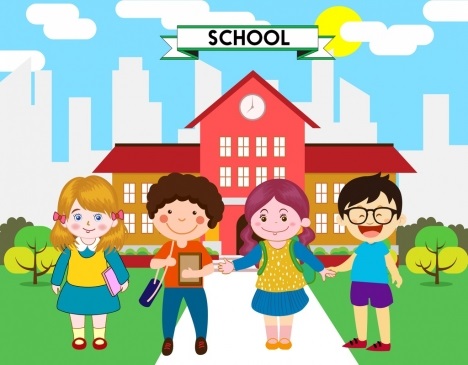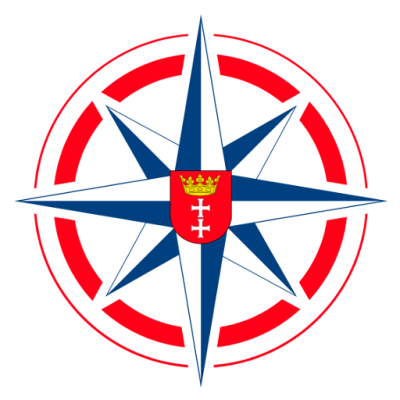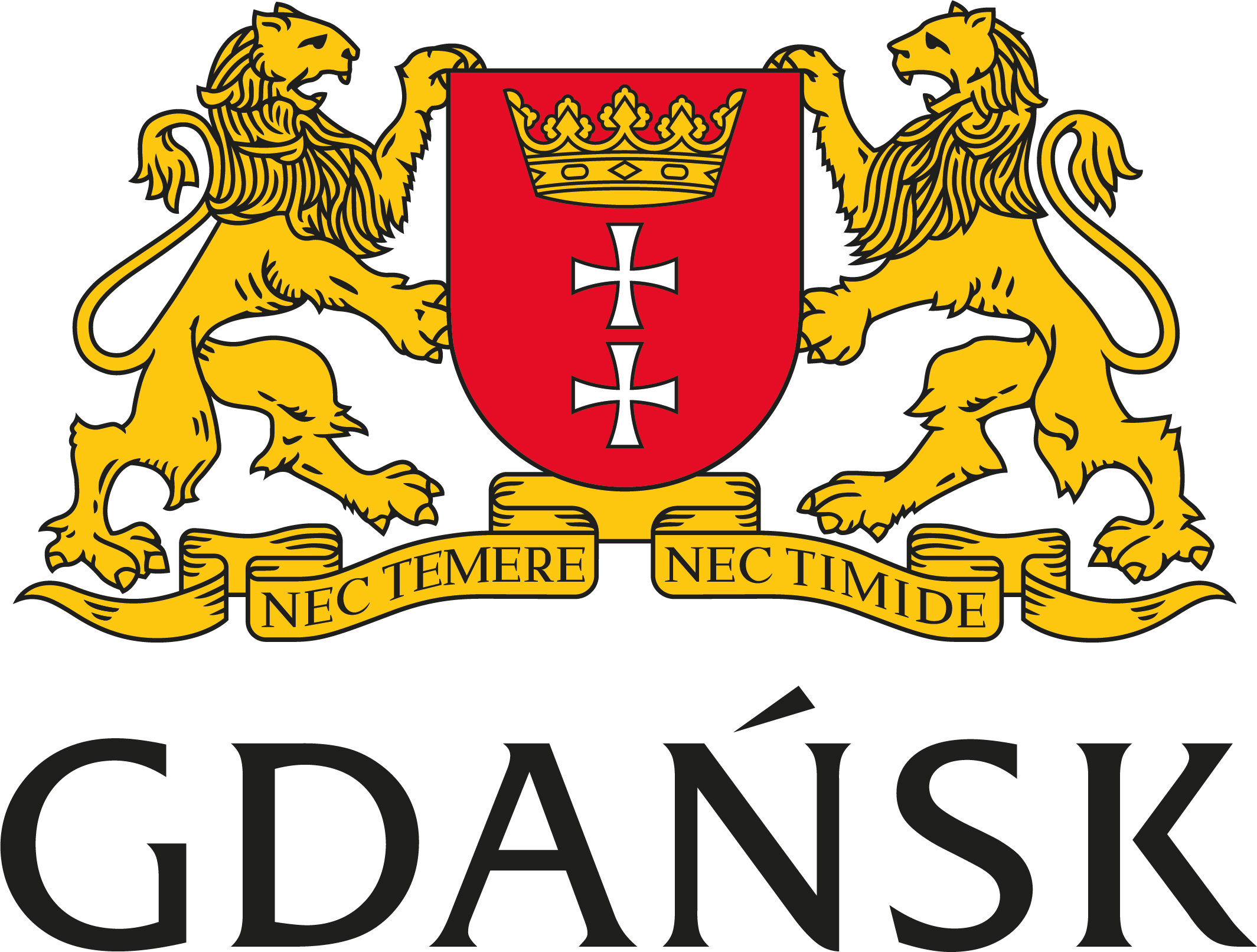
As from 1 September 2016, the primary school starting age is again 7 years (it was gradually lowered to 6 between 2009 and 2015). Children aged 6 are now required to complete one preschool preparatory year in a nursery school, another preschool education setting or a preschool class of the primary school. Our school offers such an option, so called Zero Year (zerówka) for kids aged 6 and as a result grants continual education in accordance with all the legal arrangements of the Regulation of the Minister of National Education until the end of the primary school.
Primary education is compulsory. In the school system which has been introduced since 1 September 2017, the new eight-year primary school (szkoła podstawowa) is attended by children between the ages of 7 and 15. Subsequently, young people continue education in post-primary schools (upper secondary schools) or in other forms of education, as defined by law, such as practical vocational training at a workplace, combined with theoretical training, or vocational qualification courses (education is compulsory until the age of 18).
Primary education is divided into two stages:
- Stage I, grades I to III, offering integrated early school education,
- Stage II, grades IV to VIII.
No compulsory test or examination is taken between the two stages.
The new eight-year primary school established as part of the reform will prepare pupils for the eighth-grader exam (Egzamin ósmoklasisty) which will serve the same functions as the exam taken earlier at the end of lower secondary education.
General education in the primary school aims to:
- introduce pupils into the world of values, including generosity, collaboration, solidarity, altruism, patriotism and respect for traditions, and identify models of behaviour and build social relationships which support pupils’ development in safe conditions (family, friends);
- strengthen pupils’ sense of individual, cultural, national, regional and ethnic identity;
- develop pupils’ sense of personal dignity and respect for dignity of other people;
- develop competences such as creativity, innovativeness and entrepreneurship;
- develop critical and logical thinking, reasoning, argumentation and deduction skills;
- demonstrate the value of knowledge as the basis for the development of skills;
- generate cognitive inquisitiveness among pupils and their motivation to learn;
- provide pupils with a body of knowledge and skills which enable them to understand the world in a more mature and structured way;
- support pupils in identifying their own aptitudes and further education paths;
- ensure comprehensive personal development of pupils by enhancing their knowledge and satisfying and generating their natural cognitive inquisitiveness;
- develop open-minded attitudes towards the world and other people, activity in social life and a sense of responsibility for a community;
- encourage pupils to undertake structured and purposeful self-education based on the ability to develop one’s own working methods;
- guide pupils towards values.
Early school education aims to support comprehensive development of children. The education process in grades I to III of the primary school enables children to discover their own abilities and the meaning of activity and gain experience on the way towards the truth, goodness and beauty. Education at this stage is designed so as to cater to pupils’ natural developmental needs. The school recognises that the pupil is at the centre of the process of building individual knowledge and transition from childhood to adolescence. With such support, children achieve readiness to start education at Stage II.
Key skills to be acquired by pupils as part of general education in the primary school include:
- Proficiency in the Polish language and modern foreign languages
- Efficient use of mathematical tools in everyday life, and development of mathematical thinking
- Searching, sorting out, and critical analysis and use of information from various sources
- Creative solving of problems in various areas, while using purposefully ICT-based methods and tools, including programming
- Solving problems, also with the use of mediation techniques
- Team work and societal engagement
- Active participation in the cultural life of the school, local community and country.


